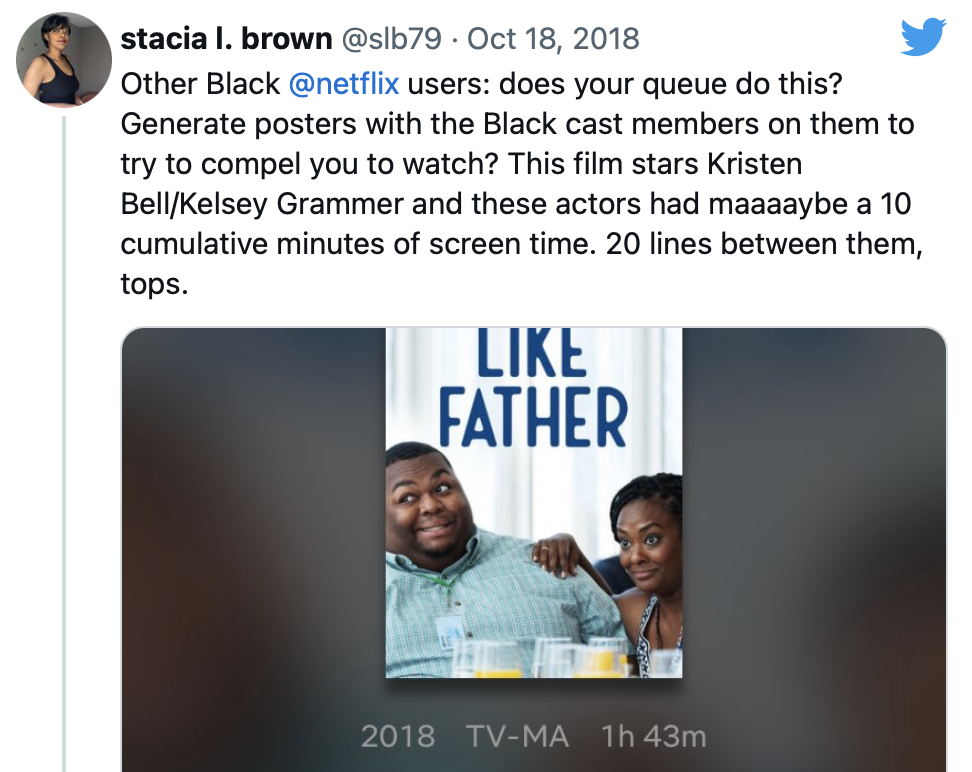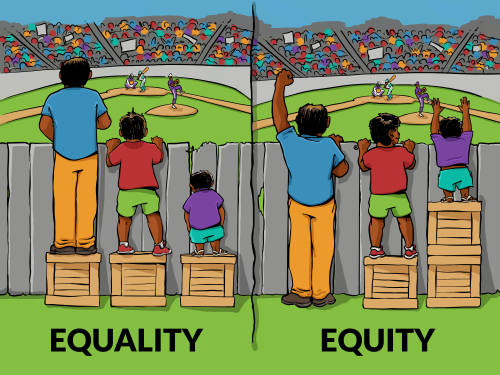As many people know, I moonlight as a media watchdog on the subject of asexuality, using Google Alerts for tracking. Mostly that means finding interesting essays to promote on The Asexual Agenda, but on very rare occasion I find some hateful garbage, which I pluck out for communal mockery. See previous editions of this series from 2018 and 2022.



